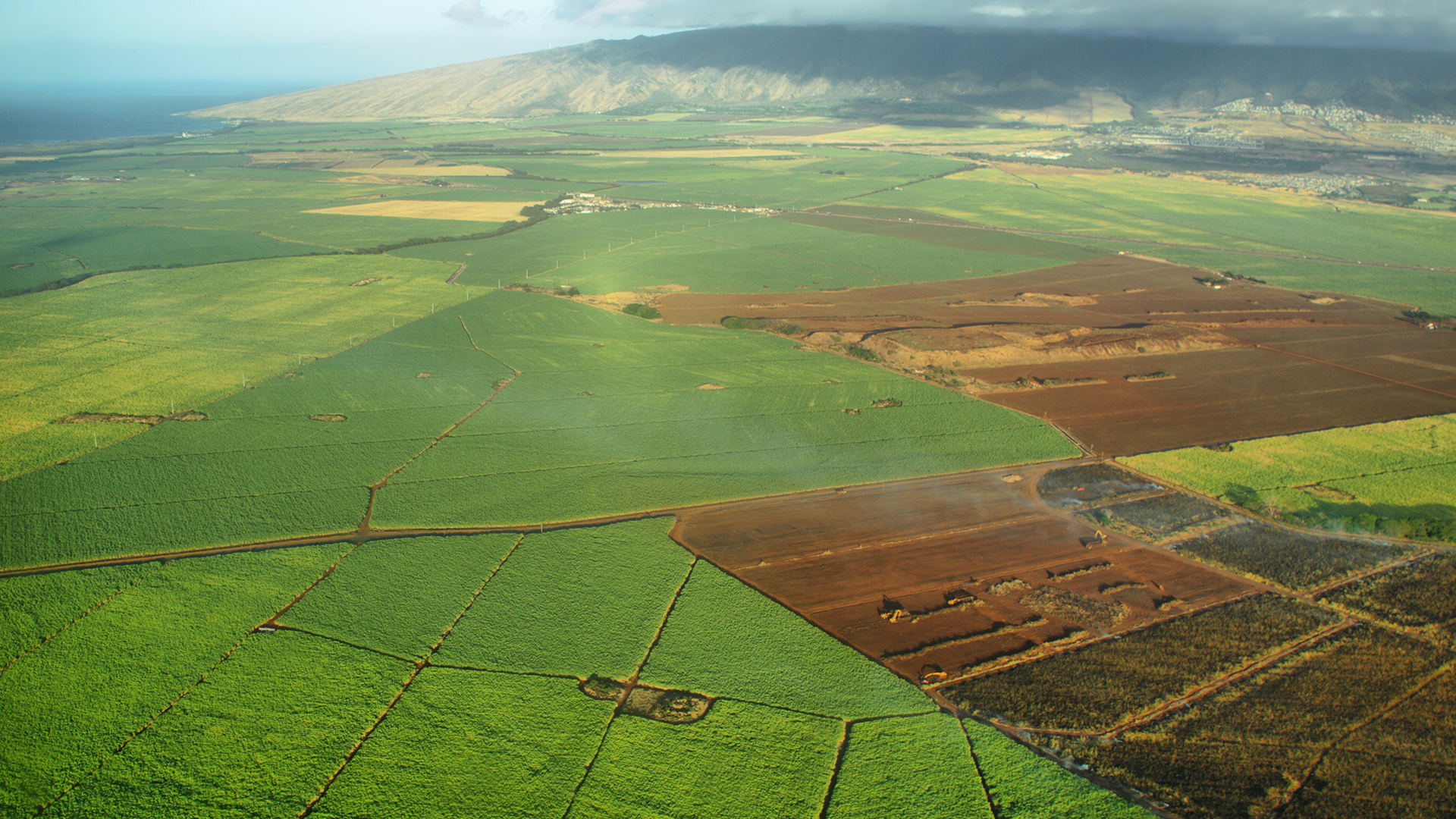Africa has a unique opportunity to lead a new era of carbon markets—not as fragmented, aid-driven projects, but as integrated, investable systems that deliver sustainable development, nature regeneration, and climate action. Despite vast potential, Africa captures only a small share of global carbon finance. Today, the landscape is shifting.
African countries are taking ownership on how they use carbon markets, embedding integrity and transparency into market frameworks and ensuring carbon revenues are used strategically to advance national green growth priorities and strengthen livelihoods. This session will present a landscape approach—linking demand, supply, and enabling conditions—to build a high-integrity carbon market ecosystem that mobilises both international and domestic capital. On the demand side, it will explore drivers such as Article 6, CORSIA, and voluntary action to meet corporate climate commitments.
On the supply side, it will address institutional and regulatory/policy readiness, project developer capacity, and project pipelines. As enablers, it will highlight financing structures, advances in MRV tools, and best practice benefit-sharing frameworks.
Framing carbon as a development asset, not just a climate commodity, the session will show how Africa can attract private and blended capital to accelerate its climate and economic goals. Building on momentum from the Africa Union’s Africa’s Gold Standard/Integrity principles and others, it will position Africa to lead globally—by delivering carbon markets that are inclusive, investable, and impactful.
Read full concept note


